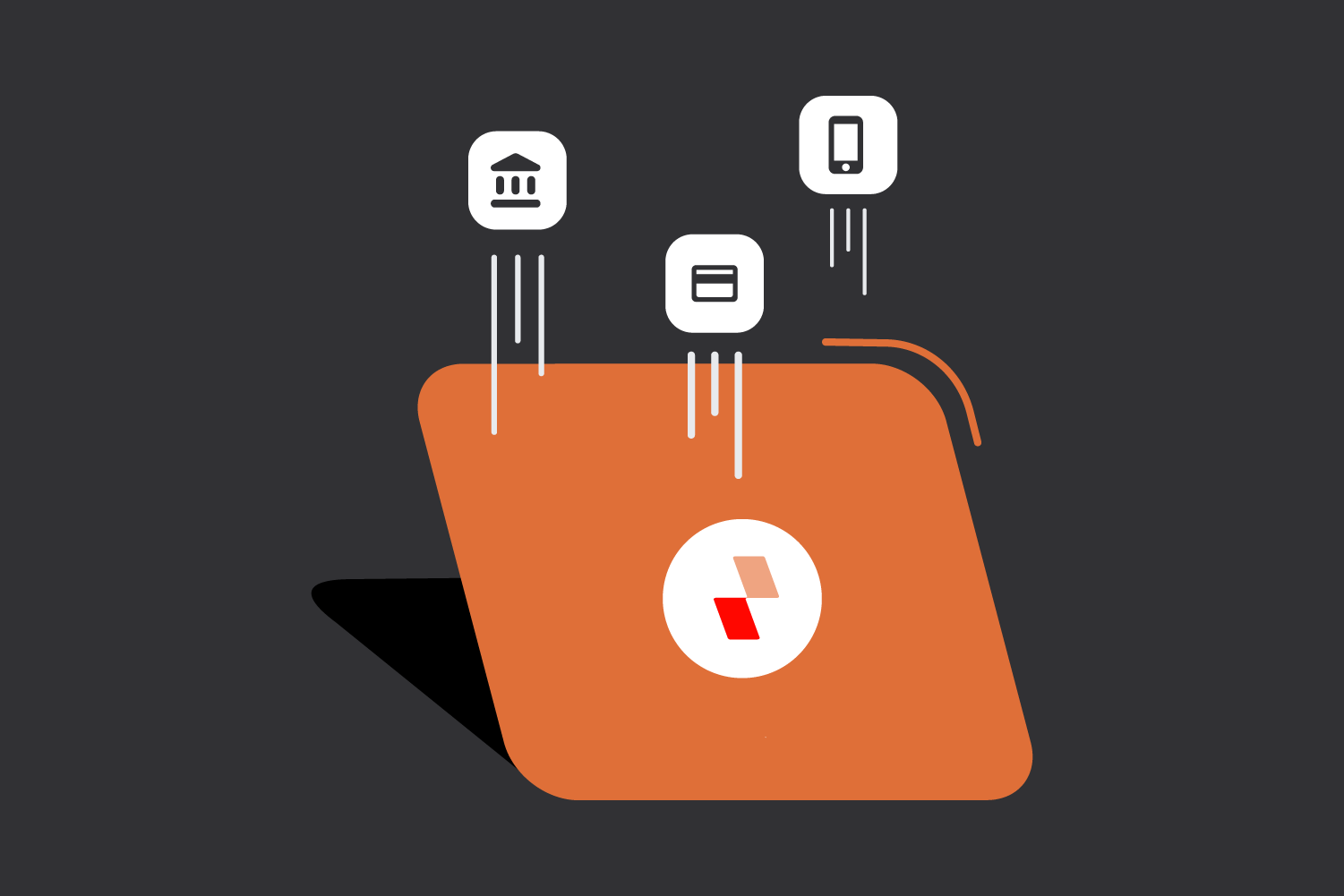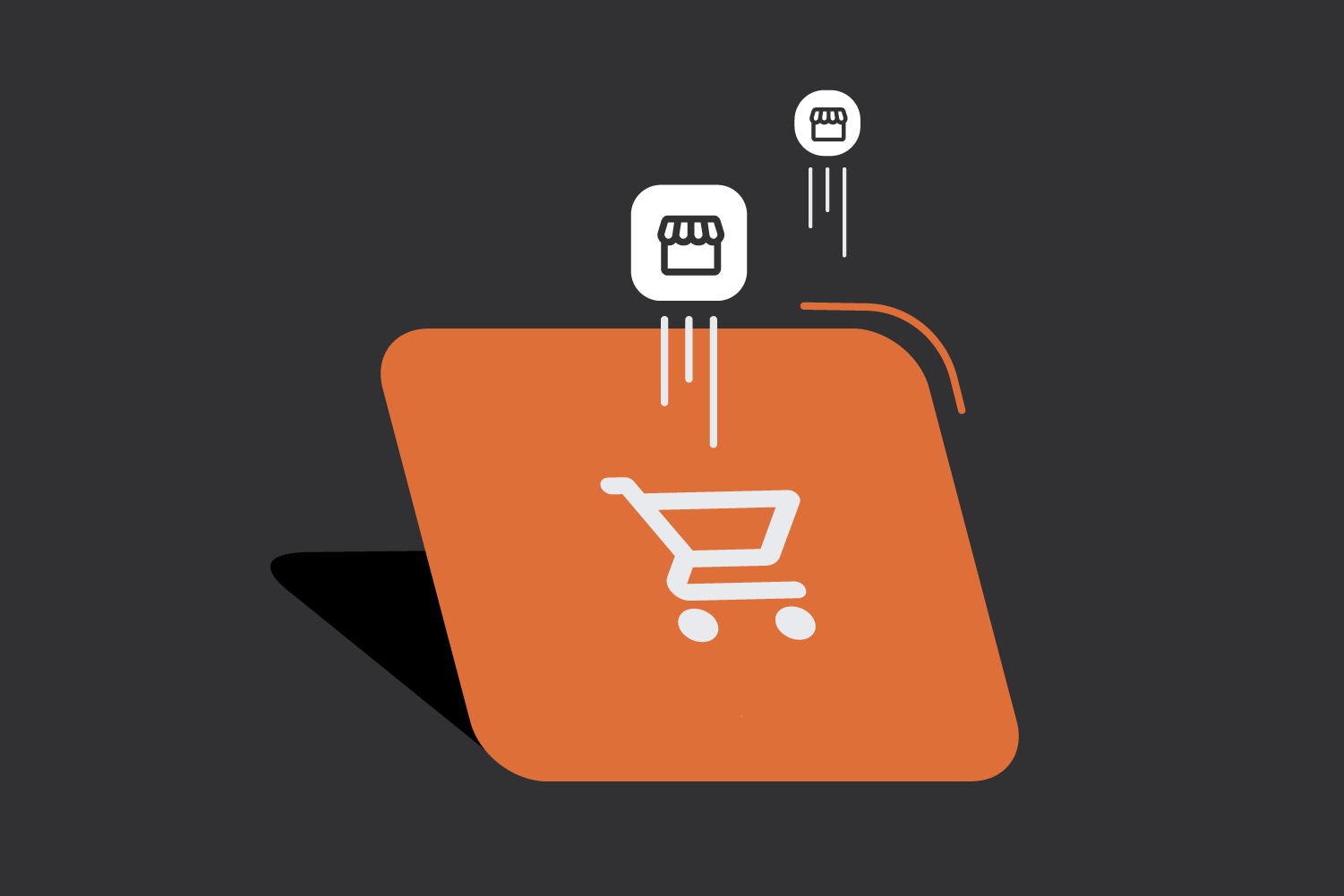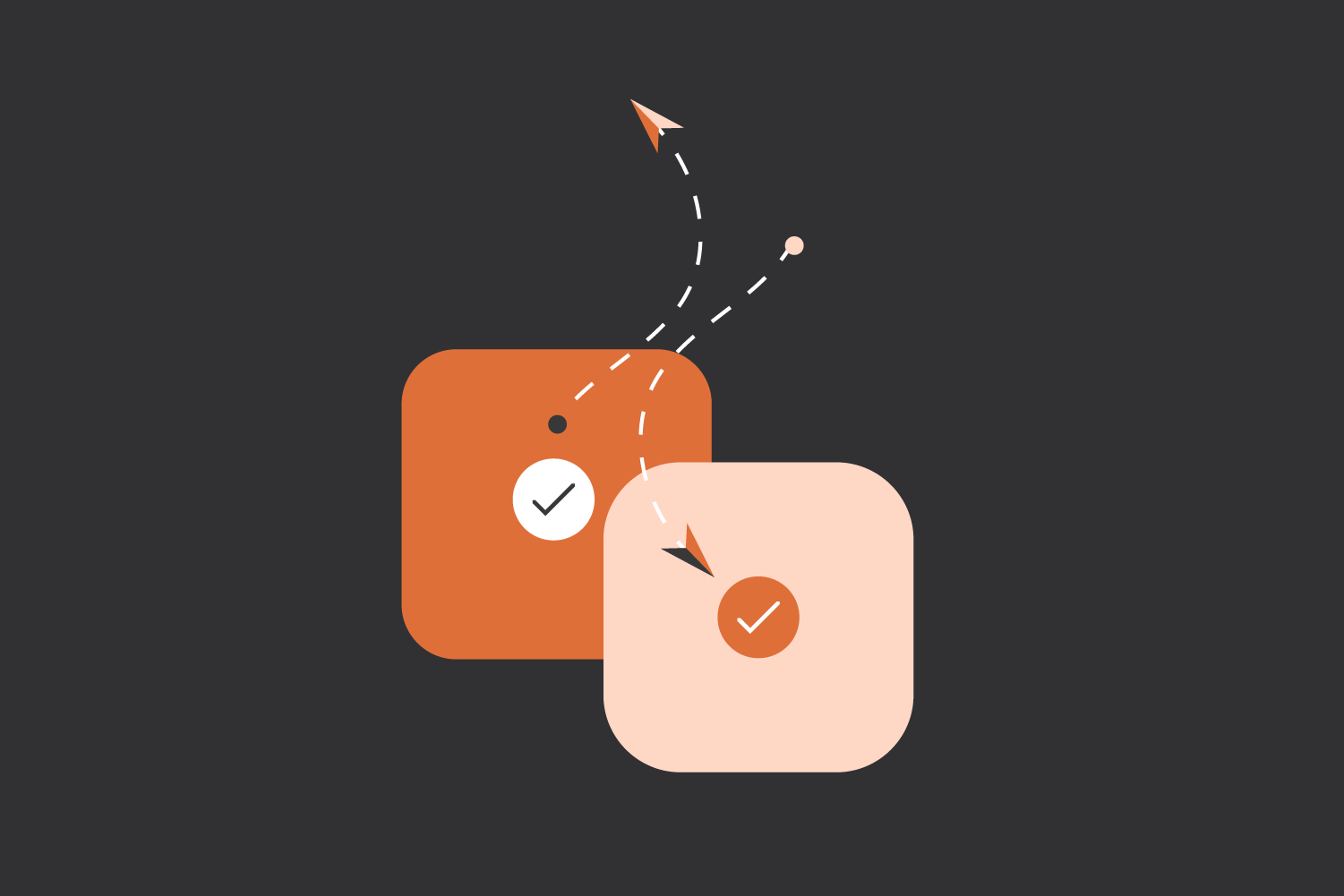From grains to metal coins to paper currency to plastic cards, money has transformed to a level where it has now become invisible. When is the last time you used cash for making payments? Even though you don’t use the cash more often, you still pay your bills, your loan instalments, your subscriptions, your fees, etc on time. How is it possible?
The retail payment system in India has undergone a radical transformation in recent years. This is primarily due to the constant technological innovations and changes and partly due to the COVID lockdown restrictions that happened last year.
Since 2020, the use of paper-based instruments has declined significantly in volume and value, while retail digital payments increased significantly.
The growth in payment methods, amounts and speed also put tremendous pressure on any institution’s back office because all transactions must be reconciled. Through this article, let’s understand how they’ve reimagined payment reconciliation with the growth in multiple payment methods.
Multiple online payments methods for business payments
The ongoing COVID pandemic and increasing customer demand gave a push to the escalation of digital transactions. The recent survey conducted by the RBI pointed out ‘convenience’ as the most important reason for use of digital payments.
There are multiple online payment methods to accept payments digitally. Let’s look at them one by one.
- E-checks – E-check is a form of online payment service where the money is passed through the ACH (Automated Clearing House) network and then electronically transferred from the customer’s account to the merchant’s account.
- E-wallets – E-wallets are similar to bank accounts where a user can store his/her money for any future online transaction. The app is linked with customers’ credit/debit cards and requires a registered mobile number and a verification process.
- Payment links – Many small businesses or startups don’t have a website. For such a scenario, payment links are the easiest, most secure and instant way to collect online payments. They have advantages like split payments, tracking payments, bulk payments, sharing payment links via email, SMS, etc.
- UPI – Unified Payments Interface is an instant real-time payment system developed by the National Payments Corporation of India facilitating inter-bank transactions. The interface is regulated by the RBI and works on a mobile platform.
- Payment gateways – Integrating the websites with a payment gateway allows businesses to collect payments online via credit/ debit cards, net banking, e-wallets or UPI.
Apart from the ones mentioned above, there are other popular online payment methods like RTGS, NEFT and IMPS. And the digital payments environment likely will keep expanding as more people demand it. With the continued rise of different modes of payments, reconciliations could become even harder to manage.
Need for seamless Payment reconciliation
Payment reconciliation is the process of comparing bank statements against your accounting to make sure the amounts match each other. This process can be segmented into 4 main sub-modules like document data extraction, matching, reconciliation, and finalization.

Reconciliation is crucial for any company, be it large or small, as it is an opportunity to perform any analysis to gather insights and detect any fraudulent activity. It has to be repeated multiple times a year, usually monthly or once a quarter. Here are some important reasons why you need a proper Payment Reconciliation system –
- Maintaining proper book of accounts
Companies require clear and visible cash flows so that they can provide them to the investors as required by the financial regulators & accounting standards. These financial reports have to be balanced in terms of the assets & liabilities and hence reconciliation is required to ensure that all details are correct.
- Business and Financial Planning
The reconciled records are used for further financial planning. Purchases or costs that are too big can be reduced and transactions that require much higher transaction fees may be investigated to reduce any unnecessary charges.
Now, with the increase in the volume of transactions, it’s likely to have errors or manipulate data in the reconciliation process. During the reconciliation, it is necessary to compare records against transactions that cause huge problems if an error is spotted. Also, once the error is spotted, you might need to do callbacks or messages to customers/vendors which can result in a poor user experience.

Often, separate departments reconcile their own accounts, which makes it difficult and time-consuming for the finance and accounting teams to verify the data and close the books each month. As the volume of transactions goes up, these problems get intensified.
What if you can manage all of this using a single API?
Zwitch your way to collect & auto-reconcile payments seamlessly
Zwitch’s API product suite enables a smooth payment flow and solves all reconciliation hassles. They make use of virtual accounts to match the transactions.
Collect APIs from Zwitch helps your business to integrate and automate the entire reconciliation process within your platform by generating virtual accounts to collect payments via RTGS, NEFT and IMPS.
This makes reconciliation easy, convenient and quick, all while saving businesses from massive resource drain in terms of cost. While payment gateway takes away a fixed percentage of the transaction amount, virtual accounts charge you a fixed rate per transaction, making it the most economical way to collect payments.
According to one of our users, Collect APIs from Zwitch reduce reconciliation time by as much as 85 per cent, errors by as much as 50 per cent and write-offs by as much as 75 per cent.
Here is how you can collect payments with Zwitch’s reconciliation suite –
- Virtual account creation – Create a virtual account & assign a UPI ID linked to the virtual account in real-time using Collect API. This virtual account or UPI ID is then assigned to every payer.
- User notification – Share the virtual account details with the customer via email or SMS or through your app
- Payment collection – Collect payments using multiple payment methods such as any UPI App like Google Pay, BHIM, or through their online net banking, IMPS, RTGS, NEFT, etc.
- Reconciliation notification – Once the payment is made by the user, you receive it in the virtual account assigned for that user. As soon as the payment hits the virtual account, you’ll be notified about the user & transaction details which makes the reconciliation easier and automatic.
With Collect APIs, all individual parts of the payment reconciliation can be accurately completed while bringing the cost down. Let us look at places where Collect APIs can be useful.
Use cases for Collect & auto-reconcile APIs

- Lending – Lenders can use Collect APIs from Zwitch to collect repayments for short loans from customers. Most of the customers prefer bank transfers as it is fast and less expensive. These APIs help lenders reconcile these payments automatically, instead of them sitting and doing it manually.
- Bills & fees – Educational institutes or coaching centres can use Collect APIs to receive & reconcile fee payments. Every student can be mapped to a unique virtual account such that they are instantly reconciled when they complete their payment. In a similar way, bill & utility payments for DTH, Water, Electricity can be done by assigning a unique virtual account based on a customer’s phone number.
- Distributor payments – Retailers spread across different geographies send payments to the distributors. Collect APIs reconcile these inbound transfers instantly making it easy for retailers to purchase inventory and free up working capital.
Collect APIs from Zwitch can be used in various sectors such as B2B marketplace, insurance, ed-tech, health-tech, D2C, ERP, E-commerce etc. With Collect APIs, you can make the entire payment reconciliation process frictionless. They’ll help you ensure that your key accounts are prioritized in addition to reducing your financial risk by creating a streamlined process for transaction matching and account reconciliation.
This way, you save time and money by allowing your accountants to focus on other responsibilities that require a higher level of human intuition. It is time to reimagine the reconciliation process. Now, Start with Zwitch.



0 Comments